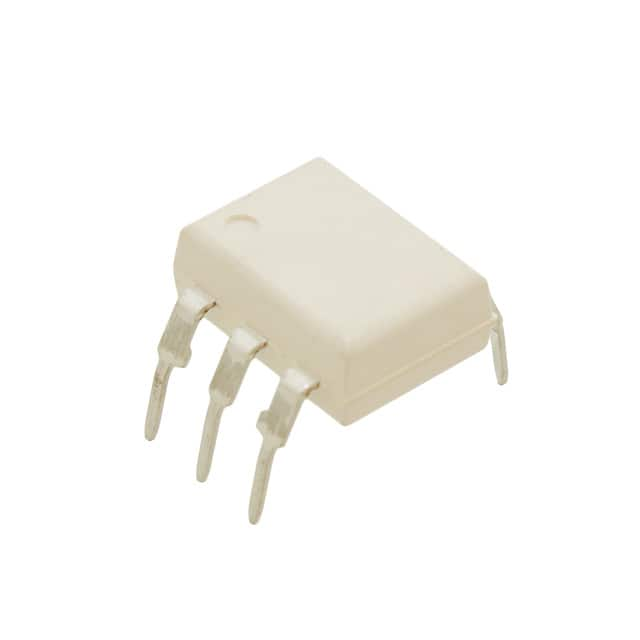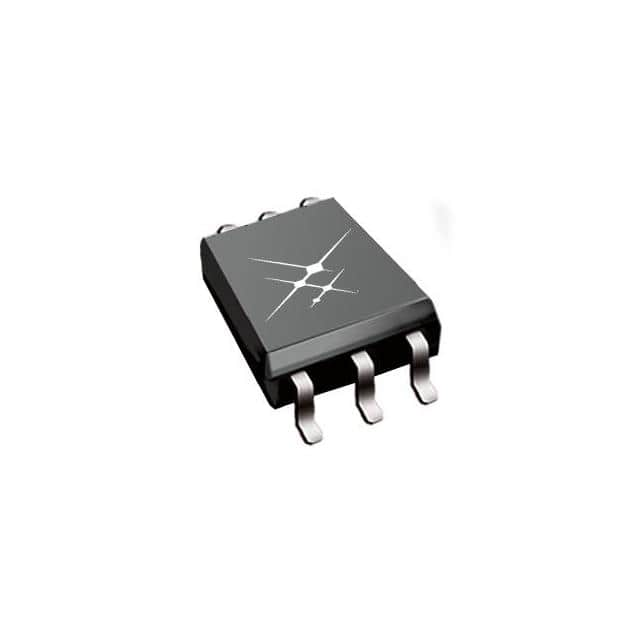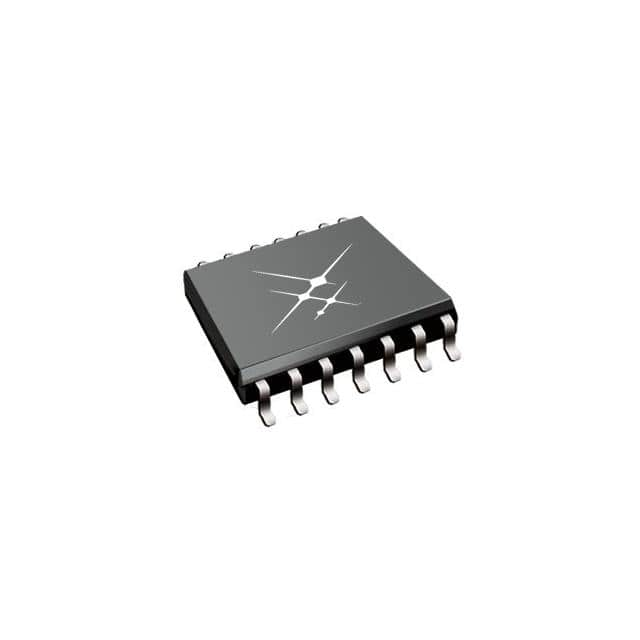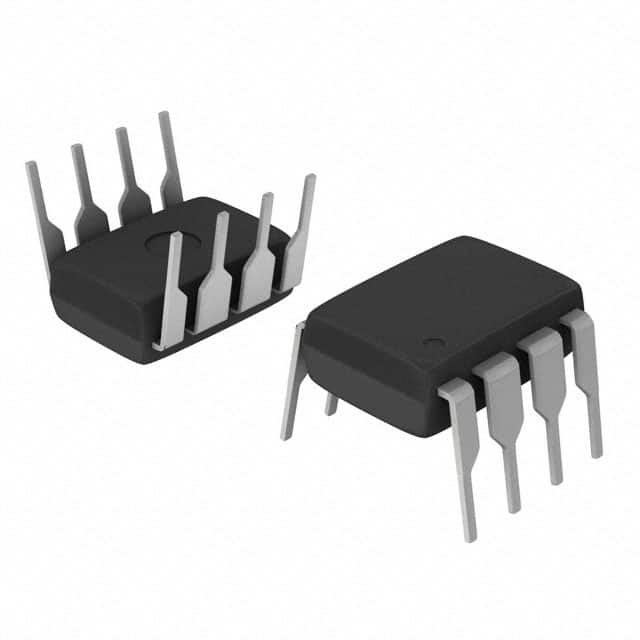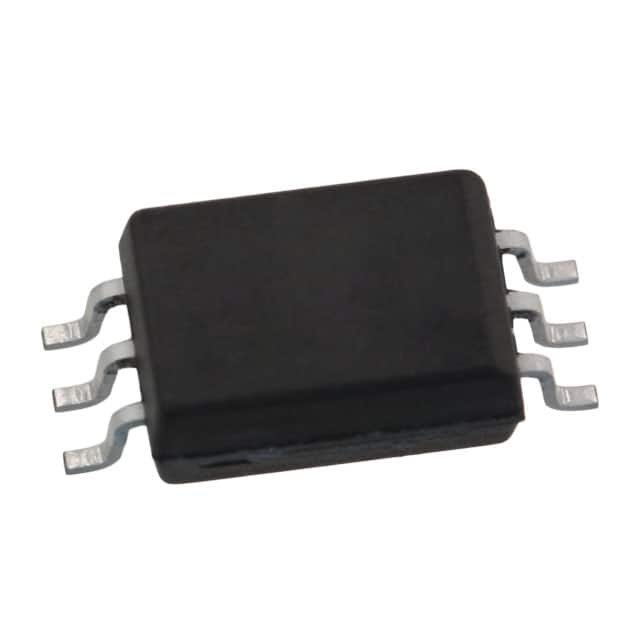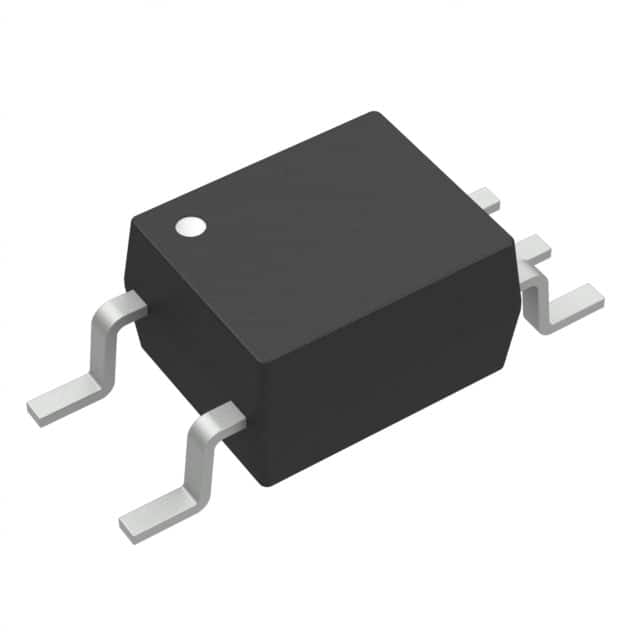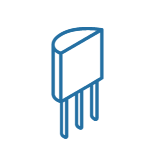
Isolators 22,372+ Parts
Isolator Definition and Category Description
What is an isolator?
An isolator is an electronic device or component used to transfer signals or electrical energy between two electrical circuits while maintaining electrical isolation between them. This isolation prevents high voltage, noise or other interference from propagating from one circuit to another, ensuring the safety and reliability of the system. Isolators are widely used in industrial control, communications, power management and other fields.
Types of isolators
Common types of isolators include optoelectronic isolators, digital isolators, capacitive isolators, transformer isolators, and magnetic isolators. In addition to isolators,Dasenic also provides isolator-related products such as: special purpose isolators, isolated gate drivers, transistor & photovoltaic output photosolvents, TRIAC and SCR output photosolvents.
Isolator products are used where it is necessary to pass information, control signals, or gate drive signals between portions of a system that must not have a direct electrical connection with each other, whether for functional or safety-related reasons. Within this category, devices are further organized according to the character of their output stages; some device outputs behave like transistor, others like logic gates, photovoltaic (solar) cells, thyristors, or photoresistors.
Isolators Subcategories
Digital Isolators 5180
Explore components
Isolator Gate Drivers 2216
Explore components
Optoisolators - Logic Output 2435
Explore components
Optoisolators - Transistor, Photovoltaic Output 9884
Explore components
Optoisolators - Triac, SCR Output 1692
Explore components
Special Purpose Isolators 111
Explore components
Isolated Gate Drivers 854
Explore components
Certified Manufacturers
Advanced Photonix
7 Products
American Bright LED
11 Products
Analog Devices Inc.
1261 Products
Analog Devices Inc./Maxim Integrated
235 Products
Broadcom Limited
52 Products
CEL
27 Products
Everlight Electronics Co Ltd
1 Products
Flip Electronics
10 Products
Galco Industrial Electronics
2 Products
HVM Technology, Inc.
4 Products
Isocom Components 2004 LTD
5 Products
IXYS
27 Products
Kingbright
10 Products
LITEON Technology
14 Products
Lumex Inc.
2 Products
Microfire LLC
1 Products
Murata Power Solutions, Inc.
10 Products
NTE Electronics Inc.
3 Products
NVE
223 Products
Panasonic
9 Products
Power Integrations
22 Products
QT Brightek
3 Products
Renesas
68 Products
Schurter
6 Products
Sharp Microelectronics
14 Products
Socle Technology SHARP
23 Products
Skyworks Solutions
2307 Products
Spartan Power
1 Products
Standex Electronics
3 Products
Toshiba Semiconductor and Storage
246 Products
Triplett Test Equipment and Tools
3 Products
TT Electronics
16 Products
Verivolt LLC
4 Products
Virtins Technology
2 Products
Vishay
18 Products
Waldom Electronics
3 Products
Weidmüller
1 Products
Texas Instruments
599 Products
Würth Elektronik
81 Products
Central Semiconductor
1 Products
Infineon Technologies
10 Products
Onsemi
30 Products
Rochester Electronics
419 Products
ROHM Semiconductor
1 Products
Silicon Labs
5 Products
STMicroelectronics
6 Products
TE Connectivity
5 Products
Vicor Corporation
1 Products
Orient Display
5 Products
SparkFun Electronics
1 Products
Taiwan Semiconductor
24 Products
NXP Semiconductors
6 Products
Toshiba
6 Products
Isocom Components
57 Products
Lite-On Technology
18 Products
Everlight Electronics
17 Products
Refond Optoelectronics Co., Ltd.
9 Products
Standex-Meder Electronics
1 Products

